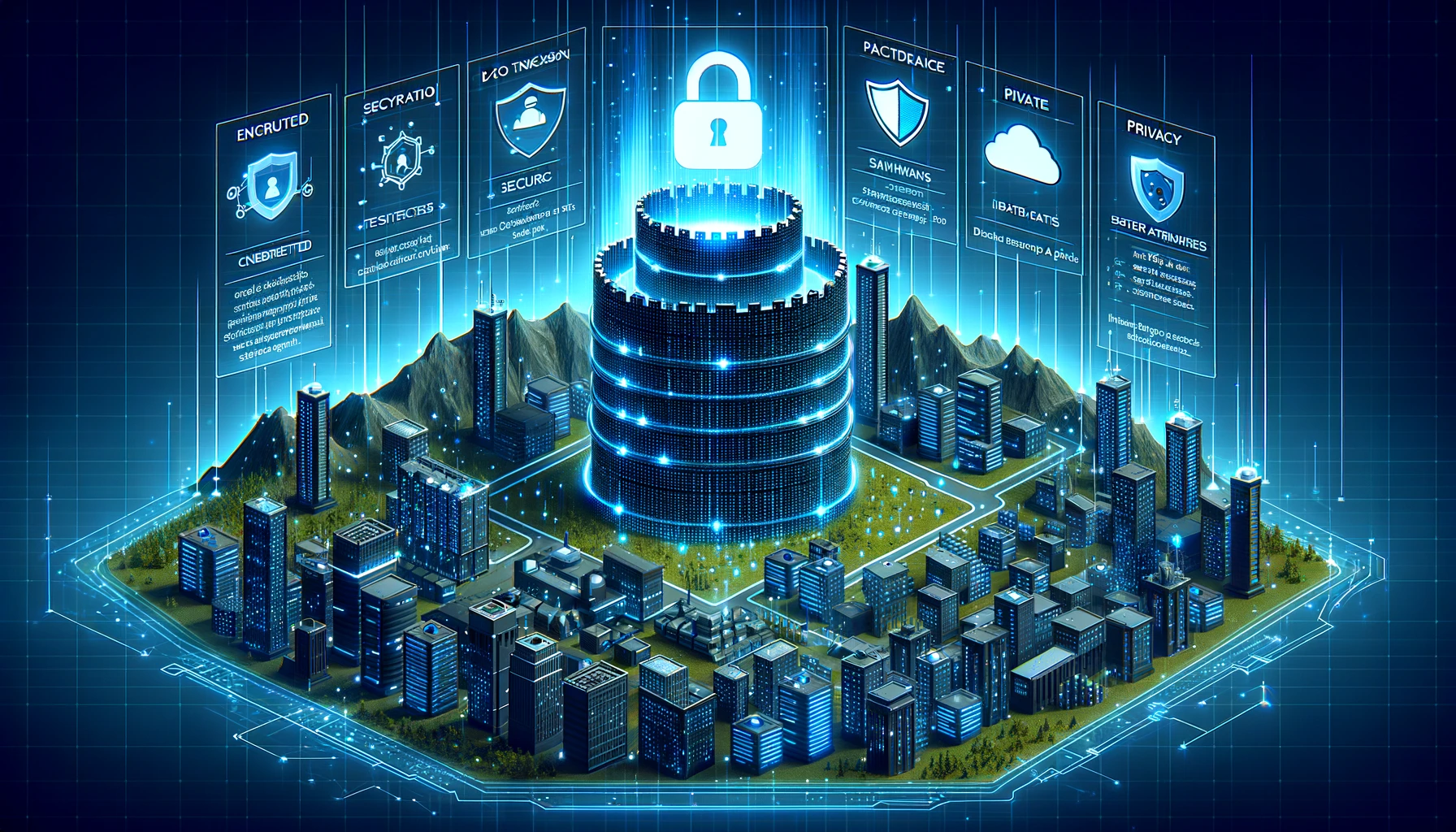Ensuring Data Privacy and Protection in Enterprise Applications with BaaS: A Technical Overview of StormAPI
In the current digital age, data privacy and protection have become paramount for enterprises across the globe. As businesses increasingly rely on software applications to drive operations, safeguarding sensitive information against unauthorized access and breaches is a critical challenge. Backend as a Service (BaaS) platforms, like StormAPI, offer robust solutions to this challenge, integrating advanced security features and compliance measures directly into their architecture. This article explores the technical strategies employed by BaaS platforms, specifically StormAPI, to ensure data privacy and protection in enterprise applications.
The Imperative of Data Privacy and Protection
The stakes for data privacy and protection in enterprise applications are higher than ever, driven by increasing cyber threats and stringent regulatory requirements like GDPR, HIPAA, and CCPA. Violations not only result in hefty fines but can also damage brand reputation and customer trust irreparably. Thus, enterprises demand a backend infrastructure that inherently embeds robust security measures and compliance mechanisms.
StormAPI: Architecting Data Privacy and Protection
StormAPI, emblematic of leading BaaS solutions, incorporates a multi-layered approach to security and compliance, addressing various aspects of data privacy and protection:
1. Encryption In-Transit and At-Rest
StormAPI ensures that data is encrypted both in-transit and at-rest, utilizing industry-standard encryption protocols. In-transit encryption safeguards data as it moves between client devices and servers, preventing man-in-the-middle attacks. At-rest encryption protects data stored on servers, making it unreadable without the appropriate decryption keys. This dual encryption approach is critical for protecting sensitive information from unauthorized access at any point.
2. Secure Authentication and Authorization Mechanisms
Authentication and authorization are the gatekeepers of any application, determining who can access what data. StormAPI offers a comprehensive suite of authentication mechanisms, including OAuth2, JWT tokens, and multi-factor authentication (MFA), ensuring that only legitimate users gain access. Furthermore, its fine-grained authorization controls allow developers to specify permissions at detailed levels, ensuring users can only perform actions explicitly allowed by their roles.
3. Compliance with Data Protection Regulations
Compliance is a moving target with the evolving landscape of global data protection laws. StormAPI simplifies compliance by incorporating features and policies that align with major regulations like GDPR, HIPAA, and CCPA. This includes mechanisms for data anonymization, right to access, and the right to be forgotten, enabling enterprises to manage data in compliance with legal requirements efficiently.
4. Real-Time Security Monitoring and Threat Detection
Proactive security measures are essential in identifying and mitigating threats before they escalate into breaches. StormAPI includes real-time monitoring and threat detection capabilities, continuously scanning for suspicious activities or vulnerabilities. This proactive stance enables enterprises to address potential security issues swiftly, minimizing the risk of data exposure.
5. Data Backup and Recovery
Data loss can be as detrimental as data breaches. StormAPI ensures data resilience through regular, automated backups and streamlined recovery processes. This capability allows enterprises to quickly restore data in the event of accidental deletion, corruption, or a security breach, ensuring business continuity and data integrity.
Case Study: Enhancing Data Privacy in a Healthcare Application with StormAPI
Consider a healthcare enterprise developing a patient management application requiring stringent data privacy and protection measures due to the sensitivity of health information and compliance with HIPAA. By leveraging StormAPI, the enterprise benefits from end-to-end encryption, ensuring patient data is protected both in-transit to and from the application and at-rest on servers. Secure authentication mechanisms, including MFA, safeguard access, while fine-grained authorization controls ensure that healthcare providers only access the patient information necessary for their role.
To address compliance, StormAPI’s data anonymization features enable the enterprise to use patient data for analytics and research without compromising individual privacy. Real-time monitoring and automated backups further enhance the security posture, ensuring the application remains protected against threats and data loss.
The integration of BaaS solutions like StormAPI into enterprise application development offers a robust framework for ensuring data privacy and protection. By abstracting the complexities of encryption, authentication, compliance, threat detection, and data recovery, StormAPI allows enterprises to focus on their core functionalities, confident in the security of their data. As enterprises continue to navigate the intricacies of data protection in a rapidly evolving digital landscape, the role of BaaS platforms in providing secure, compliant, and resilient backend services will undoubtedly become increasingly critical. With platforms like StormAPI leading the charge, enterprises can harness the power of digital transformation securely and responsibly, ensuring that data privacy and protection remain at the forefront of their operational priorities.


Leave a Reply